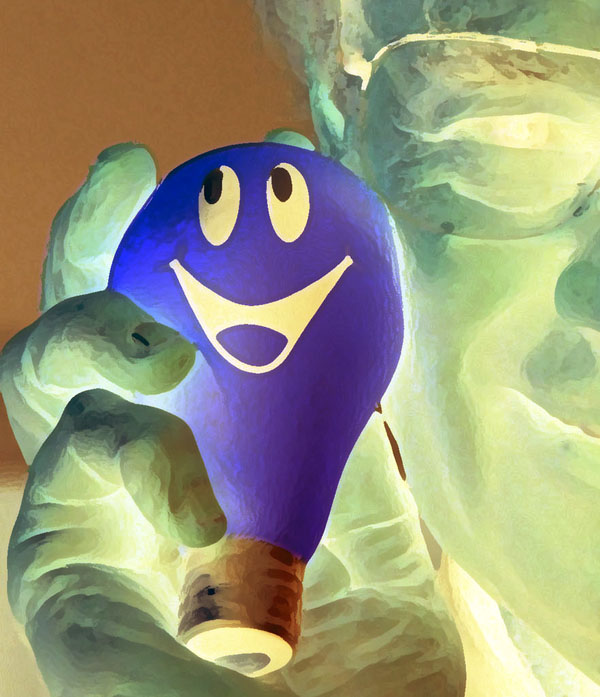Milestone 2500
Today, a milestone. The University of Houston's College of Engineering presents this series about the machines that make our civilization run, and the people whose ingenuity created them.
This is the 2500th Engines episode. It will be a while before I've done that many myself -- 180 have so far been done by other people, with more coming. Whole new worlds have opened up to me as I've listened to, and learned from, the other essayists. In the past I've made a personal statement every 500 episodes but, with others now on board, that's less appropriate. Instead let's look at what we're trying to do in the series. We've operated under seven guidelines and this is a good time to run them by you.
First and most obvious: We want to celebrate the inventive/creative process. That can mean biography or some natural or scientific fact or phenomenon that people have uncovered. It might mean a story of some accomplishment -- or failure. It can even mean talking about creativity gone awry, as it often does.
Second: We want our program to tell stories -- with the fun of a beginning, an end, and some element of surprise.
Third: What you hear has always been studied and written by the person on air. No ghost-writing or ghost-studying here. The person who speaks is the person responsible for the whole thing. The Fourth guideline is related: all our Engines programs are the work of volunteers. None of us are paid to do them.
Fifth guideline: we try to avoid persuasive agendas. We don't want to impose our politics, religion, or favorite color on anyone. Where we do appear unified -- on, say, the fact of evolution or impossibility of perpetual motion machines, that's only because the scientific evidence for these truths is overwhelming. But we're all different people and none of us are coerced by underwriters, Houston Public Radio, or the University.
Sixth: We work to be truthful and accurate. When we miss, we correct the lasting record of the web pages. Which leads to guideline No. 7: We write these episodes not just for hundreds of thousands of current listeners, but also for people who'll read them, over the years, on the web. So the development of complete and useful web pages has to be as great a concern as the radio version.
Speaking of the web, we've begun an important initiative, for which we seek further support: Aymará Boggiano of our Spanish Department has begun the huge task of translating Enginesepisodes into Spanish and recording Spanish audio. Search our web site for the word Hoy (h-o-y) you'll find around ten of these so far, with many more on the way. If you understand Spanish, give it a try. I think you'll be delighted with the results.
Our program is now 22 years old and it has matured. Now there's an awful word -- you know what it means to call a football team mature. It means the enterprise has reached a point where it has to find new forms of growth and regeneration. So we mean to grow and change and we hope to do it without weakening our guidelines. We also mean to do it without ever forgetting that we are all together in this essential business of questioning the world around us.
I'm John Lienhard at the University of Houston, where we're interested in the way inventive minds work.
